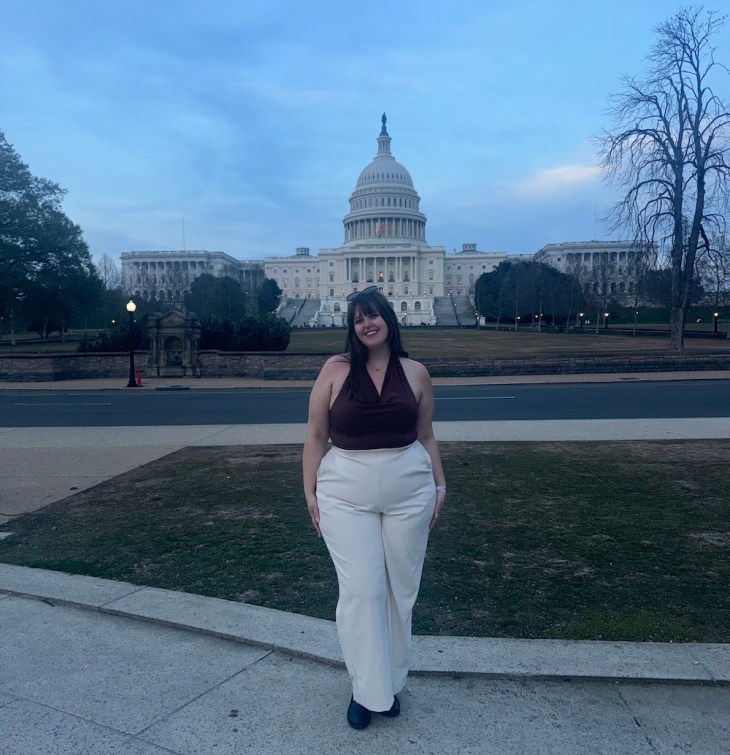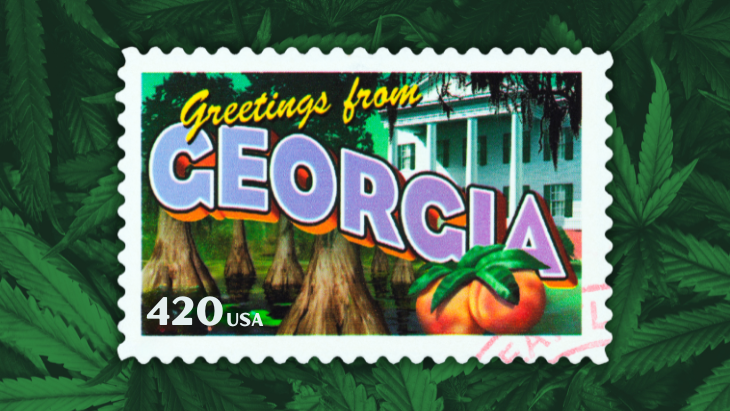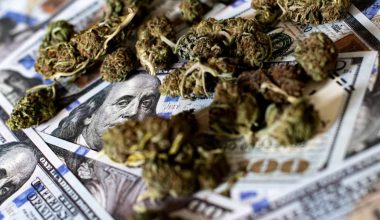
Cannabis legalization has historically been an uphill battle. Even now, with a majority of the public supporting the legalization of marijuana, we still see a large number of states, like my home state of Georgia, reluctant to move forward with legalizing and regulating the adult-use cannabis market.
The Peach State is among those that has, as of yet, failed to pass comprehensive legalization. Georgia’s lawmakers did enact the “Georgia Hemp Farming Act” in May of 2019. This legislation makes a legal distinction between hemp and cannabis, allowing hemp to be cultivated and sold with licenses. Hemp is defined by Georgia law as cannabis plants containing less than .3% or less THC by dry weight, whereas marijuana is defined as cannabis plants that contain more than .3% THC. The minimal amount of THC in true “hemp” is unlikely to cause intoxication. That said, other cannabinoids derived from hemp – primarily CBD – are often synthesized into intoxicating compounds like delta-8-THC and are sold commercially.
Products containing these synthetically-produced cannabinoids can be found in gas stations and CBD stores throughout Georgia and in many other states (primarily those without legal adult-use cannabis markets). These unregulated products often lack adequate testing or labeling. This means that these products may contain potentially harmful contaminants, unlabeled adulterants, or contain different cannabinoid percentages than what appears on the label. Consumers deserve better.
For instance, a recent analysis of hemp-derived products sold commercially in stores in six different states found that some products contained elevated levels of pesticides. They also found that many products contained less delta-8-THC than labeled and higher THC quantities than law permits in “hemp.”
Other agencies have done similar studies, including Oregon’s Liquor and Cannabis Commission (OLCC) and Department of Agriculture. They found that many products contained far higher levels of THC than advertised.
A team of researchers from Virginia Commonwealth University identified synthetic cannabinoids and other psychoactive constituents in commercially available CBD products. These products were being advertised as containing “100 percent natural CBD extracts.”
These findings highlight the uncertainty consumers face when forced to patronize unregulated markets. Georgians (and others) deserve to feel safe when obtaining cannabis products and I’m interning at NORML to fight for the establishment of regulated markets to best address these concerns.
Related
Medical Disclaimer:
The information provided in these blog posts is intended for general informational and educational purposes only. It is not a substitute for professional medical advice, diagnosis, or treatment. Always seek the advice of your physician or other qualified healthcare provider with any questions you may have regarding a medical condition. The use of any information provided in these blog posts is solely at your own risk. The authors and the website do not recommend or endorse any specific products, treatments, or procedures mentioned. Reliance on any information in these blog posts is solely at your own discretion.






